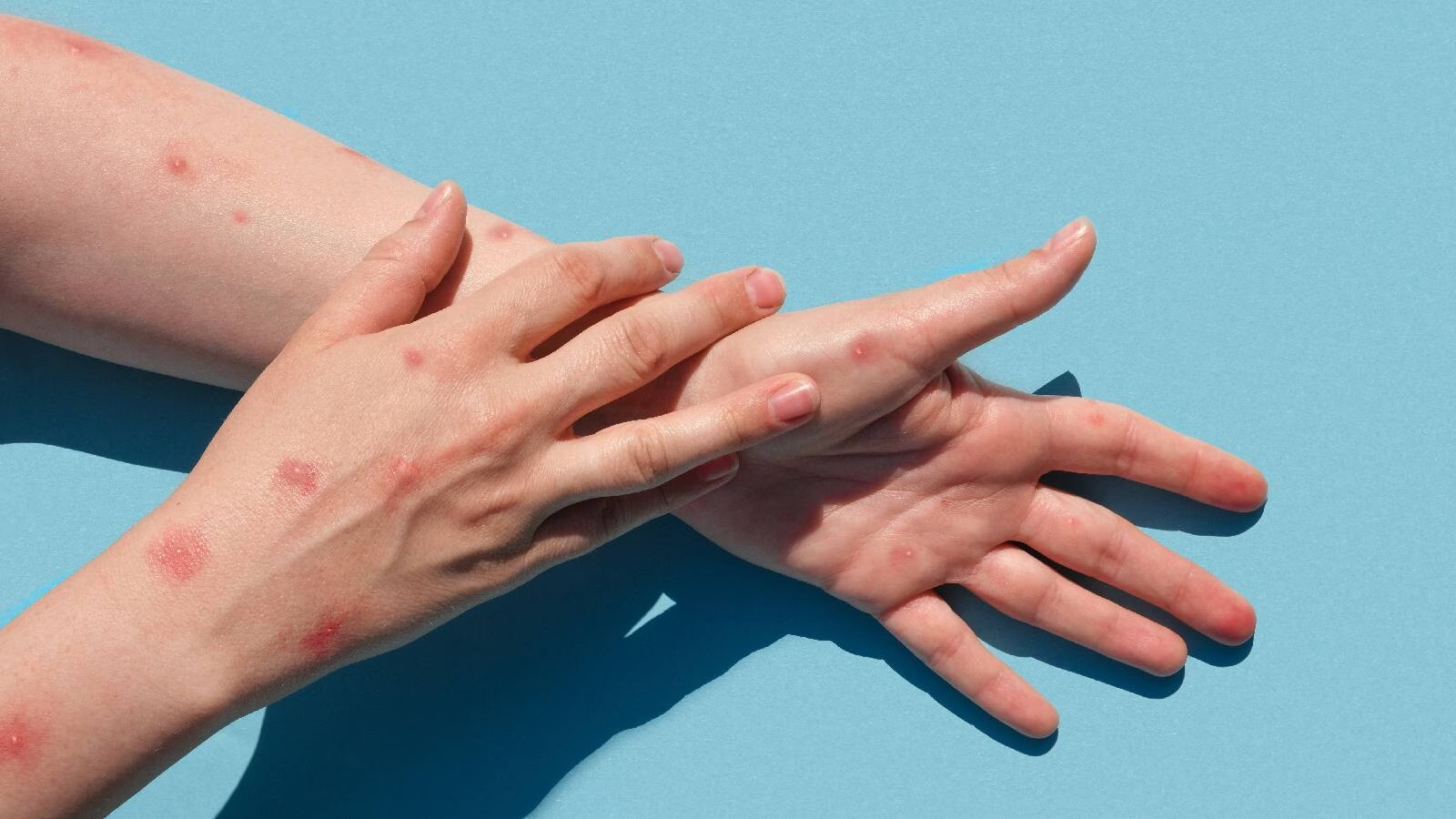As Mpox Emerges as a Public Health Concern, the U.S. Prepares with Vaccines and Strategic Responses
As health authorities around the world grapple with the resurgence of mpox, previously known as monkeypox, concerns are growing over its potential impact and the robustness of the global response. The United States, while monitoring the situation closely, has taken measures to mitigate the risk through early vaccine deployment and public health strategies aimed at preventing a widespread outbreak.
Discover more articles on USA Elects
Understanding Mpox and Its Transmission
Mpox, a virus stemming from the same family as smallpox, primarily spreads through close skin-to-skin contact and less frequently through contaminated materials such as clothing or bedding. Unlike airborne viruses like COVID-19, mpox typically leads to visible skin lesions, reducing the likelihood of undetected spread, as those affected are more likely to seek treatment and isolate themselves.
Vaccine Deployment and Effectiveness With
vaccines already available, the United States has an advantage in controlling potential outbreaks. The vaccines, originally developed for smallpox, have shown efficacy against mpox, providing a shield for healthcare workers and at-risk populations. Early vaccination efforts are crucial to curtail the spread of the virus, particularly among communities with reported cases.
Comparative Analysis: Mpox vs. COVID-19
Mpox’s spread is significantly slower than that of COVID-19, which had rapidly escalated to a pandemic level by early 2020. While COVID-19 cases surged exponentially within weeks, mpox has seen a gradual increase in cases since its reemergence in 2022. This slower pace of transmission allows for more targeted and effective containment strategies, reducing the likelihood of a global pandemic.
Current Situation and Global Impact
As of now, the majority of mpox cases are concentrated in Africa, with the Democratic Republic of Congo bearing the brunt of the outbreak. Despite the urgent need for vaccines, the response has been hampered by logistical and financial constraints, highlighting the disparity in healthcare access between developed and developing nations. In contrast, Western countries have been able to secure and distribute vaccines more rapidly, showcasing a divide in global health preparedness and response capabilities.
Preventative Measures and Public Guidance
To prevent the spread of mpox in the U.S., health authorities recommend several precautions:
- Avoid close physical contact with individuals displaying symptoms of mpox.
- Do not share personal items such as utensils, clothing, or bedding with those infected.
- Maintain high standards of personal hygiene, including regular hand washing.
The Outlook for Mpox Control
With the strategic deployment of vaccines and public health measures, the U.S. is positioned to manage and potentially halt the spread of mpox effectively. The experience gained from managing COVID-19 has undoubtedly enhanced the country’s preparedness and response strategies, ensuring a more robust defense against potential health crises.
Conclusion
While the mpox virus poses a significant public health challenge, the lessons learned from previous global health emergencies have equipped the U.S. with the tools and knowledge to address such outbreaks more effectively. Continued vigilance, coupled with scientific advancements in vaccines and treatments, will play a critical role in mitigating the impact of mpox both domestically and globally.
As the situation evolves, it remains essential for the public to stay informed through credible sources and adhere to the guidance provided by health officials. With a coordinated approach, the threat posed by mpox can be managed and ultimately overcome, reinforcing the importance of global cooperation and preparedness in the face of emerging infectious diseases.

